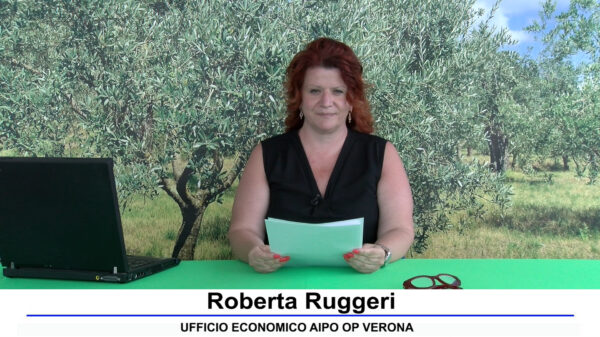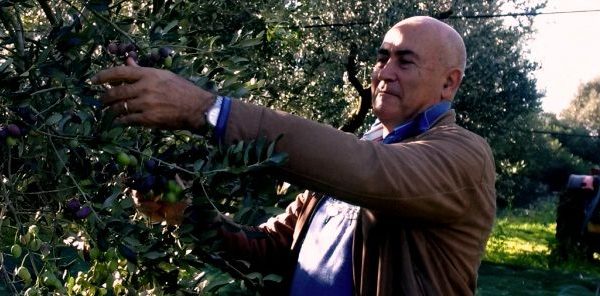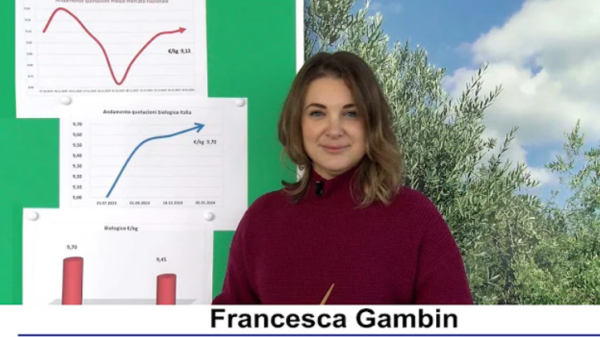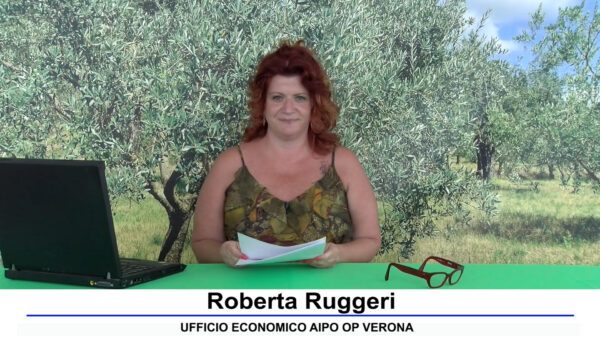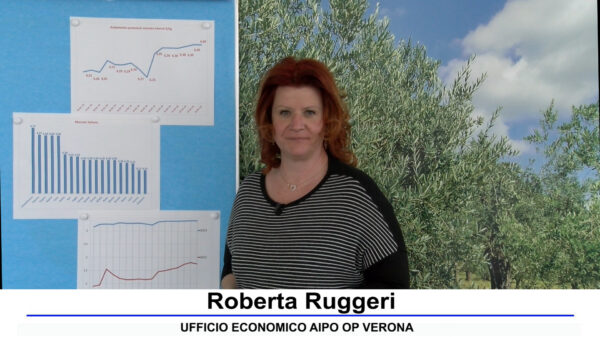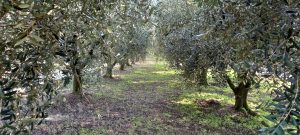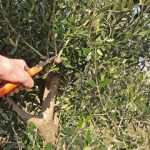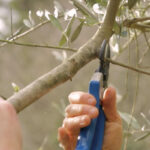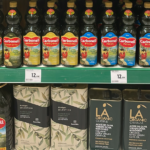There is less and less oil in Italy and the date is becoming structural, production fragmentation still remains massive, there is strong price volatility. It is a gloomy picture painted by Denis Pantini, Nomisma agri-food manager attended the celebration of the 5 years sinceConfagricoltura - Carapelli supply chain agreement.
Yet, according to the economist, the market opportunities are there why theItalian oil enjoys an excellent reputation abroad with an appreciation of the quality of 58% in the United States, 43% in Germany and 53% in Japan and growing overall export.
However, the approach must be changed, because, believes Pantini, the sector certainly has need to innovate and modernize, finding new ideas and new tools to reach distant markets. And so first thing is increase domestic production, because otherwise we run the risk of having to resort more and more to imports.
Some data to understand: in the last three years (2020-2022) the average production of Italian oil was lower than 300 thousand tons, against the over 500 thousand in the three-year period 2010-2012. Amid adverse conditions, productive fragmentation (40% of Italian olive farms have less than 2 hectares of olive groves and only 2,5% over 50 hectares), volatility of prices and profitability, there are great uncertainties.
In addition, there is also a decrease in the consumption of olive oil, 4 out of 10 Italians they buy oil in the big organised distribution, while 3 of 10 they buy it directly from the manufacturer. The research records that the average selling prices in modern distribution relating to DOP (€/Kg) is equal to 11,41, for the 100% Italian (excluding DOP / IGP) is 6,81while for the total national extra virgin and of 5,27while for the community and of 4,56.
Numbers and reflections that give even more meaning to the scheduled meeting tomorrow (Thursday 16) to the Ministry of Agriculture and Food Sovereignty where the undersecretary Patrizio La Pietra, with responsibility for olive growing, convened the first technical table with all the players in the sector for a comparison aimed at understanding how to implement a project capable of restoring the current situation.
“We have to put a strategy on the table to relaunch the sector” said the undersecretary, acknowledging that “today everything that has been done is thanks to entrepreneurs, processors, companies that are leaders at national and international level. I believe that politics must intervene. The situation that has arisen must be remedied."



